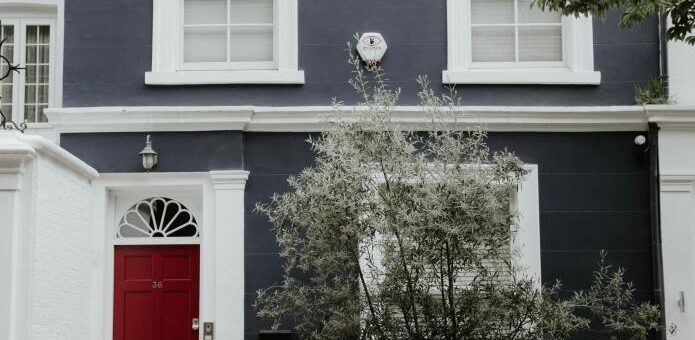Even when it comes to measures designed to combat terrorism, a fair balance must be struck between individual human rights and the interests of the community. The High Court powerfully made that point in ruling that traffic restrictions which seriously impeded a businessman’s vehicular access to his home were disproportionate.
The businessman had for 27 years lived in a listed house close to a public venue that was considered to be at high risk of vehicle-borne terrorist attack. After consultation with the police, the local authority made a traffic management order (TMO) that significantly restricted motorised access to the street on which the businessman’s home was the sole residential property.
The TMO, amongst other things, prohibited access to the street between 12 noon and midnight every day. Gates were installed at either end of the street to enforce that ban. There was no dispensation for the businessman or his family and a request to open the unmanned gates during restricted hours had to be submitted to the venue’s security staff at least one working day in advance.
As a result, the businessman, his household and many visitors were unable to drive up to the house, which could only be accessed via its front door, during restricted hours. Even when the gates were open, parking and waiting times in the street had been curtailed to between midnight and 8:30 am.
The businessman, aged 60, had undergone knee surgery and feared that he would be unable to walk to and from the gates in later life. Disabled visitors who arrived during restricted hours were obliged to either walk or propel their wheelchairs to his front door. Police officers also had the power, where necessary, to prohibit him and his family from entering or proceeding along the street on foot, thereby restricting their access to their home altogether.
Ruling on the businessman’s challenge to the TMO, the Court found that it had the legitimate aim of reducing terrorism risks. However, that did not excuse the council from having to strike a balance between the interests of the public and the human right of the businessman and his household to respect for their family life and home, enshrined in Article 8 of the European Convention on Human Rights.
There was a failure to consider whether a less intrusive measure could have been taken. The TMO permitted the venue’s contractors to come and go for their own purposes and there was no justification for them being treated more favourably than the businessman and his family. The Court concluded that the council’s decision-making process was flawed and that the current traffic management scheme operated in a manner that was disproportionate.
